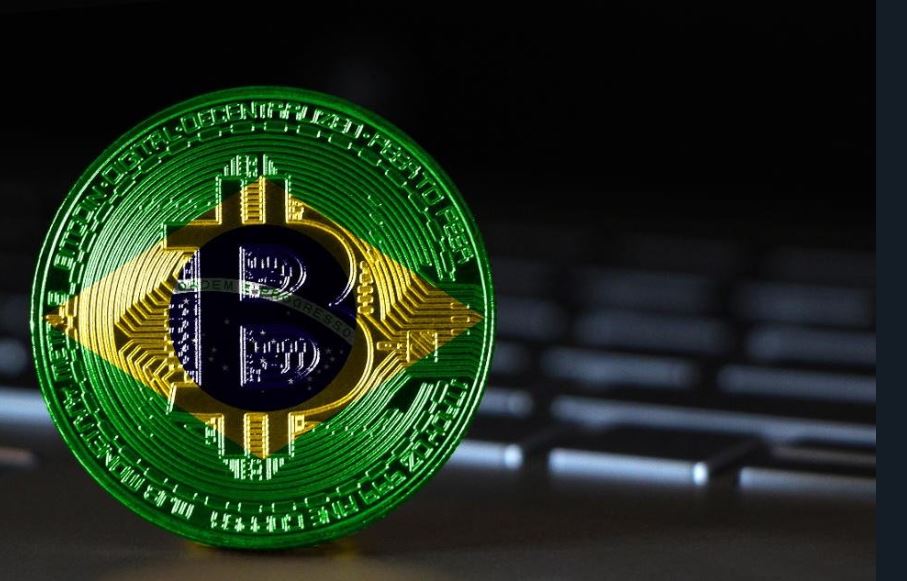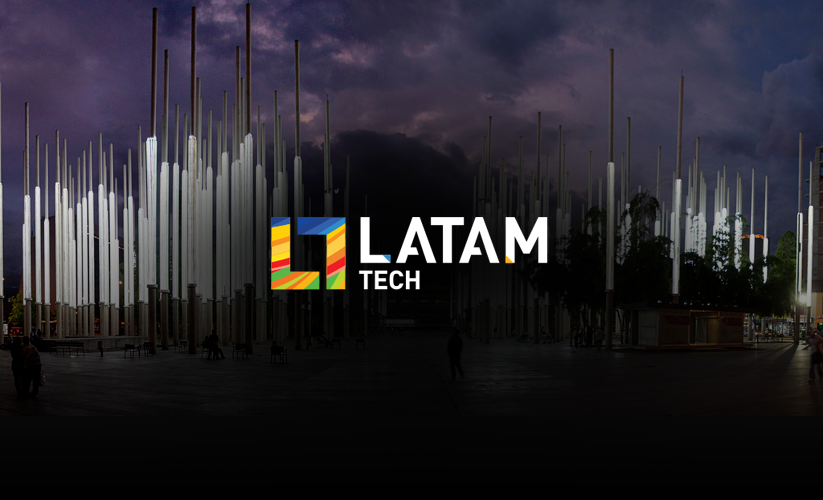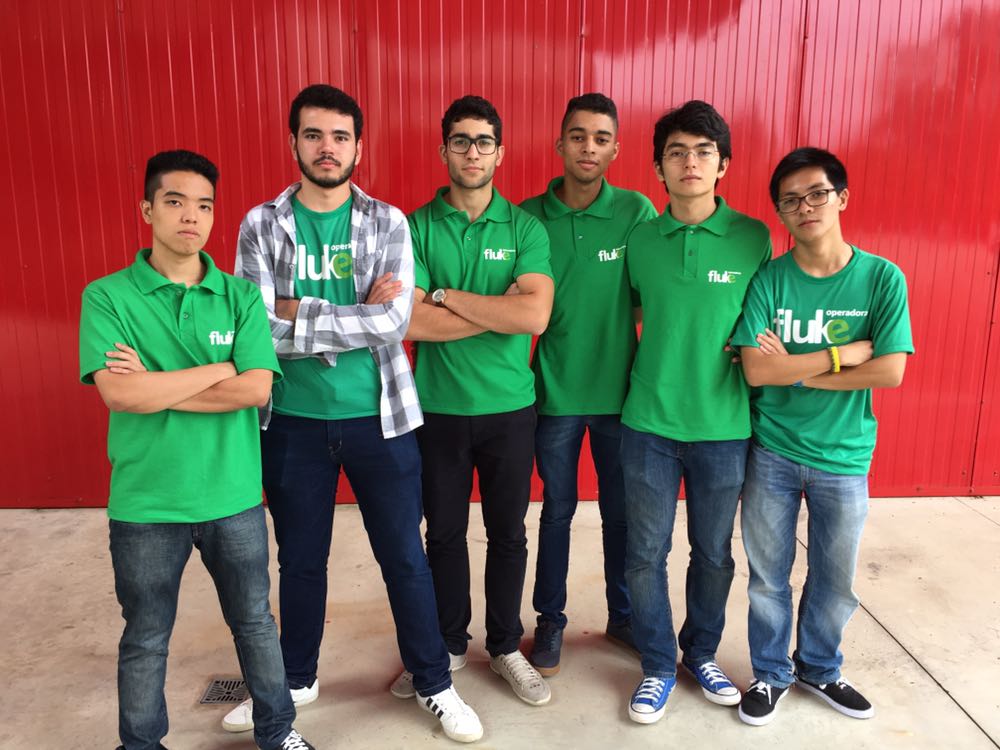Brazil now has the largest fintech ecosystem in Latin America with 377 startups, according to Mexico-based fintech accelerator Finnovista.
Thanks to growth in sectors such as digital banking, trending & capital markets and lending & insurance, unprecedented numbers of new fintech startups have launched in Brazil over the last 18 months, reaching 188 in total.
Recent years of close competition with Mexico have seen the two countries battle it out for the top spot in the Fintech sphere, however, Brazil’s recent surge in activity has meant the Portuguese-speaking country has come out on top.
Brazil’s 48% annual fintech growth rate is similar to the marginally higher rates of Mexico, Colombia and Argentina, except Chile, which grows at a rate of 22% per year.
This success has come despite the large obstacles that are Brazil’s five largest banks (Itáu Unibanco, Banco Santander, Banco Bradesco, Banco do Brasil and Caixa Econômica), which own 80% of market shares in the credit market.
Due to the extremely bureaucratic nature of the Brazilian banking scene, customer experiences tend not to be the most positive: something that fintech startups can use to their advantage. Fintechs in Brazil also provide a refreshing disruption to the high interest rates set by the large banks that monopolise the industry, which can reach up to 450%, among the highest in the world.
Brazil’s fascination for smartphones, social media and high levels of internet access provide the perfect background for the fintech startup scene. For instance, 2016 saw mobile banking transactions double, accounting for a total of 34% of the year’s total transactions.
According to Finnovista, if such habits continue, the financial technology sector could harvest up to $24 billion in profits within the next 10 years. In fact, this looks to be increasingly likely, given recent news that the Central Bank plans to push for the success and regulation of the fintech industry, as it will encourage competitiveness. “A new regulation would lead to a further development of the ecosystem within a legal framework,” said Octavio Damaso, director of Brazil’s Central Bank.
The majority of the country’s fintech startups comprise the following sectors: payments & remittances, enterprise financial management and lending (the three largest), along with personal financial management, as well as crowdfunding & wealth management. Smaller, more minor areas include insurance, identity & fraud, trading & capital markets, digital banks (which have increased 147% annually since 2016) and enterprise technologies for financial institutions.
One of Brazil’s most successful fintech startup stories is that of Nubank, which had registered around 3 million customers by the end of 2017. Thanks to help from Google Launchpad, it is now reportedly valued at over $1 billion.
In order to find out more about Brazil’s fintech ecosystem, Finnovista conducted an in-depth analysis, surveying 189 startups across the country about different aspects of their business.
Location-wise, the hub of fintech activity was found to be the city of São Paulo, where 71% of startups were founded, with Rio de Janeiro, Belo Horizonte and Porto Alegre lagging a long way behind.
The study also found that the large majority of fintech startups only operate within Brazilian borders, with just 30% expanding internationally, despite the fact that this year, these rates are set to increase. However, international expansion does not tend to apply beyond Latin America, with the majority of startups expanding to countries like Mexico, Chile and Colombia. Expanding to the United States and Europe is much less common.
In terms of stages of development, Brazilian startups are relatively evenly spread, with approximately a third in the growth and expansion stages, another third in the ready to scale stage and the last section in the early stages. Further observation also noted that most are relatively small companies, with only 10% employing over 100 people. The vast majority are young, with 82% of startups less than 5 years old.
Target markets for fintech startups are largely directed towards underbanked customers and small and medium-sized enterprises, whilst 28% consider themselves focused on the B2B market, according to Finnovista. This shows the emergence of the phenomenon of what is beginning to be known as ‘fintegration’, in other words, the arrival of the fintech industry into the financial ecosystem.
Funding is a slightly more complex issue for Brazilian fintech startups, with 63% looking for investment, according to Finnovista. The lucky ones, however, receive 45% of their funding from angel investors, 16% from incubators and 15% from local venture capital firms.
Much like in many other countries, what the Brazilian fintech industry is lacking is specific legal regulation. Entrepreneurs are hoping it might follow Mexico’s example, where a fintech law was approved this March, and would give the Brazilian industry the extra boost it needs.
Financial prospects looked positive for Brazil at the end of last year, with GDP increasing by 1% for the first time in years. At the moment, however, Brazil’s economic stability looks more precarious than ever, with the real at a 2 year low against the dollar, following recent strikes over diesel prices.
Nevertheless, Brazil’s well-developed fintech ecosystem sets an example for other nations, and with more investment and regulation, it is set to be even more successful.











